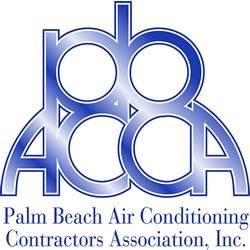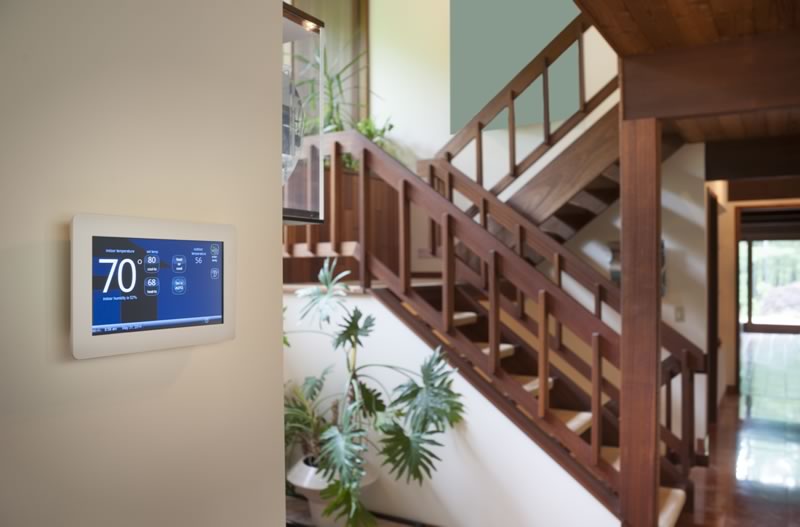To help keep your home cooled at minimum cost have your air conditioning unit cleaned each spring. (Before the summer heat sets in!)
Here are some basic rules for keeping cool at minimum cost:
- Caulk, weather-strip and insulate (especially the attic) to close air gaps;
- Plan hot work (washing and drying clothes, baking, cooking) for cooler morning and evening hours;
- Pull drapes and shades over windows facing the sun;
- Keep windows and doors closed when air conditioning is on;
- Use a thermostat control to automatically increase or decrease home temperatures for daytime and night-time differences;
- Set thermostat control at highest comfortable level – each degree raised reduces energy consumption by 3 to 4 percent;
- Clean or replace air filters regularly;
- With a new system, consider a service contract which includes periodic maintenance and repairs for a specified period of time;
- Keep the outside unit free of leaves or other obstructions;
- Have the air conditioning unit cleaned or checked each spring.
Is central air conditioning better than window units? This depends largely on individual circumstances – for example, how large is the area to be air conditioned, how large is the family, what temperatures are required, how well is the house insulated, where is the house located. Central systems require internal ducting; window units take up valuable window space. In many cases, if more than three large rooms need air conditioning, it’s best to consider central air conditioning. Consult with your contractor.
What is the average life of a central air conditioning system? It can vary, depending on how much the system is used and how regularly it is checked or serviced. Generally, the average life of cooling units built in the 1970’s and 1980s is about 15 years, but individual units may vary and last much longer, depending on use and how well they are installed and maintained.
If my air conditioner is no longer cooling properly, what is the most likely problem? It could be as simple as replacing a fuse, resetting a circuit breaker or checking to see if the thermostat is set properly. If an electrical problem isn’t the cause and the system still runs, but does not cool properly, it may be low on refrigerant. This can be corrected by having an EPA-certified technician add necessary refrigerant and check for leaks in your system. Most likely, if the problem involves any major part, such as the compressor, you would hear strange noises similar to those of any mechanical equipment not running correctly, or the unit might not run at all.
Can homeowners repair their own air conditioners? In most cases, definitely NOT. Cooling systems today are more complicated to service and usually require expert attention in order to comply with federal regulations, such as the Clean Air Act which prohibits releasing refrigerants into the atmosphere. An EPA-certified air conditioning contractor or service technician should be called at the first sign of trouble.
Remember, any one working on air conditioning units need to be licensed. All local jurisdictions have air conditioning licenses.
In hot weather, should I turn my thermostat up when I leave for work in the morning? If your house is going to be empty for more than four hours, it’s a good idea to turn your thermostat up to about 82 degrees instead of the 78 usually recommended. Keep the house closed to minimize heat build-up.
If I’m buying a house, how can I make sure the air conditioning systems is in good working order? Just turn on the system and listen for unusual sounds while feeling how cool the air is and how strong the airflow is from all vents. Don’t just listen inside the house – go outside and listen to the condensing unit, too. This personal inspection is a good indicator, but like buying a car, the best way is to then hire an expert – a contractor to come out and inspect the system. It won’t cost much and could save you lots of money in unanticipated repairs.
A portion of this information provided by Air Conditioning & Refrigerant Institute.

